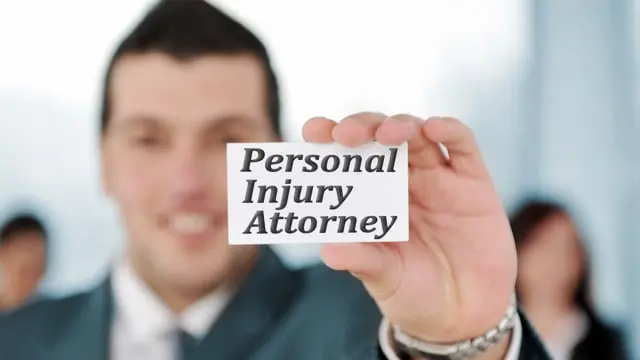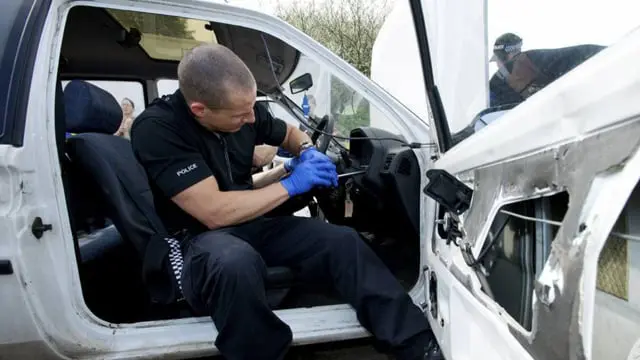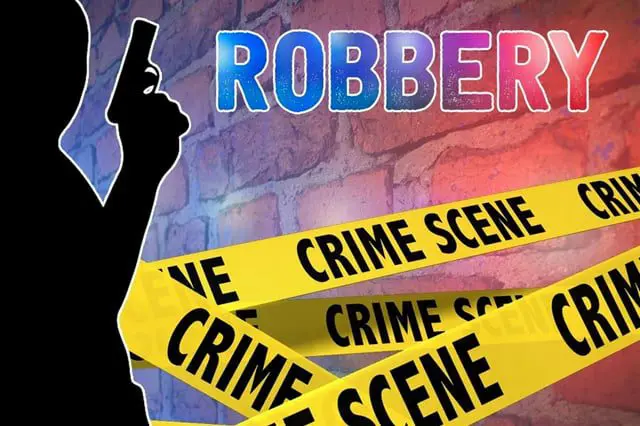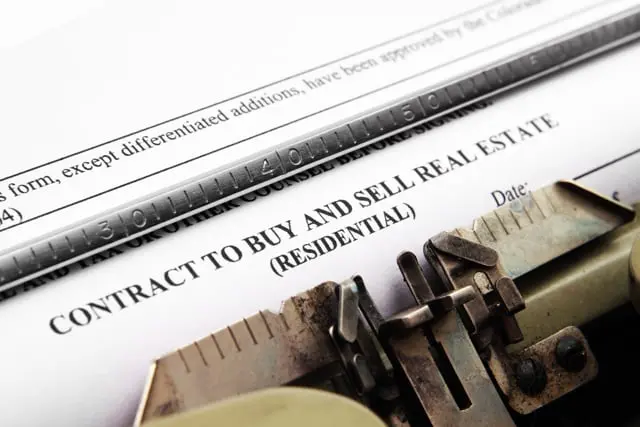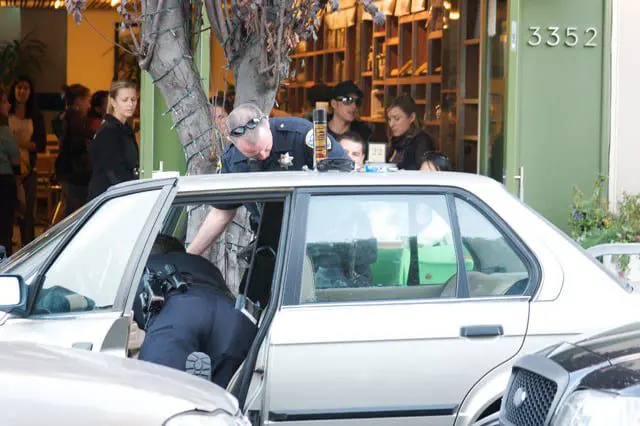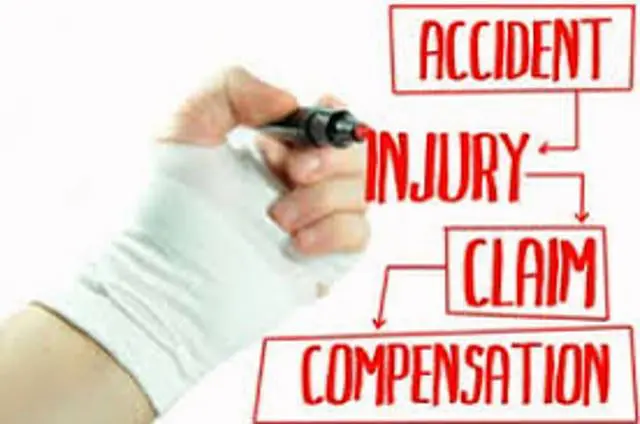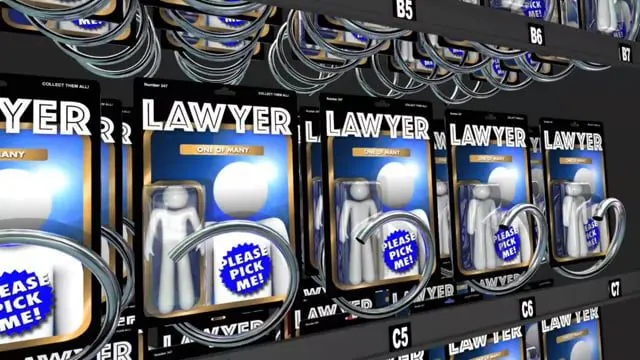Traffic violations are a common concern for drivers, encompassing a range of offenses from speeding and running red lights to more serious violations like reckless driving. Knowing how to handle these infractions properly can save you from hefty fines, increased insurance rates, and even the suspension of your driving privileges. This comprehensive guide offers essential information on the legalities of infracciones de tráfico and effective strategies for dealing with them.
Types of Traffic Violations
Traffic violations are generally categorized into two groups: moving violations y non-moving violations. Moving violations occur when the vehicle is in motion and include speeding, running a stop sign or red light, and driving under the influence of alcohol or drugs. These offenses can lead to more severe consequences, depending on the nature and severity of the violation.
Non-moving violations are related to parking or faulty vehicle conditions such as expired tags or a malfunctioning taillight. While typically less severe, these violations can still incur fines and penalties that might affect your driving record. Understanding these distinctions is crucial in determining the appropriate legal response and avoiding increased penalties.
Legal Consequences of Traffic Violations
The legal consequences for traffic violations can vary significantly based on the offense’s severity and the jurisdiction. Minor infractions may only warrant a fine, while major offenses like DUI (driving under the influence) can result in jail time, significant fines, and the suspension or revocation of your driver’s license.
For most violations, points are added to your driving record, which can lead to increased insurance premiums. Accumulating too many points might even lead to your license being suspended. It’s essential to know how points are assigned and the impact they have on your driving privileges in your specific state or region.
How to Handle a Traffic Ticket
If you receive a traffic ticket, there are several steps you can take. The first option is to pay the fine, essentially admitting guilt. However, if you believe the ticket was unjustly issued, you can choose to contest it in court. Preparing a defense may involve gathering evidence such as dashcam footage, eyewitness accounts, or expert testimony regarding road conditions or signage visibility.
Attending a defensive driving course is another option in some jurisdictions to reduce points on your record or even dismiss the violation. Understanding your rights and the available remedies can significantly affect the outcome of your case and potentially save you from severe penalties.
Technologies and Tools for Managing Traffic Violations
Advancements in technology have introduced various tools that can help drivers manage and contest traffic violations. Apps that provide real-time traffic updates and legal advice are becoming increasingly popular among drivers. These tools can alert drivers to traffic cameras, speed traps, and other potential hazards that could lead to violations.
Additionally, dashboard cameras have become invaluable in disputing traffic tickets, providing concrete evidence that can support your case in court. Legal platforms online offer guidance and connect you with lawyers specializing in traffic violations, enhancing your ability to manage the situation effectively.
Interactive Elements and Learning Resources
Many websites now offer interactive elements like quizzes and infographics that help drivers understand their local traffic laws more comprehensively. These resources are designed to educate drivers on safe driving practices and the repercussions of traffic violations.
Virtual simulations and interactive courses on defensive driving can also help individuals learn proactive strategies to avoid traffic infractions. These educational tools are particularly beneficial for new drivers or those in areas with complex traffic regulations.
Case Studies or Examples
In one notable case, a driver was cited for speeding in a school zone, an area where penalties are typically enhanced due to the high-risk environment. The driver contested the ticket, arguing that the school zone signs were obscured. Evidence provided by dashcam footage supported this claim, leading to the dismissal of the ticket. This case highlights the importance of clear signage and proper notice in enforcing traffic laws.
Another significant example involves a driver who was charged with DUI after failing a field sobriety test. However, detailed examination of the police dashcam footage by a defense expert revealed procedural errors in how the test was conducted. This evidence was pivotal in the court’s decision to overturn the conviction, emphasizing the critical role that accurate enforcement methods play in Casos de DUI.
Comparative Analysis
Comparing traffic laws in the United States to those in European countries like Germany reveals distinct differences, especially in handling speeding violations. In Germany, penalties for speeding are based on the driver’s income, making fines proportionate to personal financial circumstances, whereas in the U.S., fines are typically fixed amounts set by statute.
In another comparison, the U.K. employs a points-based penalty system that can lead to the automatic suspension of a driver’s license if a certain threshold is reached within a designated period. This system, designed to deter repeat offenders, contrasts with some U.S. states where license suspension is generally not point-based but decided at judicial discretion following specific infractions.
Detailed Breakdown of Legal Consequences
The legal consequences for traffic violations can extend beyond immediate fines or penalties. For instance, accumulating traffic violations can result in increased auto insurance premiums, a financial burden that can persist for years. In severe cases, such as repeated Infracciones de DUI, the driver may face felony charges, which can include significant jail time and even the permanent revocation of driving privileges.
Furthermore, traffic violations can impact other areas of one’s life, such as employment opportunities, especially for jobs requiring a clean driving record. For commercial drivers, accumulating traffic violations might lead to the loss of employment and professional licensing issues, severely impacting one’s career and income.
Step-by-Step Guide with Visuals
A step-by-step guide to contesting a traffic ticket might include initial steps like documenting the incident, gathering any potential evidence, and seeking legal advice. Visual aids can help illustrate each step, such as diagrams showing how to properly document the scene or timelines indicating the legal process from the ticket to a court hearing.
Further visuals could explain the appeal process if the initial contest is unsuccessful. These might include flowcharts detailing the administrative review process, potential outcomes, and subsequent steps depending on those outcomes, providing a clear and comprehensive guide for those unfamiliar with traffic court procedures.
Technology and Tools
Modern technology offers various tools that can assist drivers in managing and contesting traffic violations. GPS technology, for example, can provide data on vehicle speed and location, potentially refuting incorrect speeding tickets. Apps like Waze or Google Maps not only offer navigation assistance but also alert drivers to traffic cameras and heavily patrolled areas to avoid tickets.
Advanced technologies such as AI-driven apps analyze driving habits and suggest improvements, helping drivers avoid future infractions. These tools not only enhance driving safety but also assist in maintaining a clean driving record by providing timely alerts and behavior analytics.
Interactive Elements
Interactive websites provide simulations and quizzes related to normas de tráfico, helping drivers test their knowledge of various scenarios they might encounter on the road. These interactive elements are crucial for educational purposes, especially for new or young drivers looking to understand the rules thoroughly.
Virtual reality setups could simulate driving situations where violations are common, such as merging onto busy highways or navigating complex urban intersections. This technology helps drivers practice safe driving techniques in a controlled environment, reducing the likelihood of violations and accidents in real-world situations.
FAQ Section – Questions and Answers
Q: What should I do immediately after receiving a traffic ticket? A: Document everything about the incident, including the time, location, and any circumstances you believe are relevant. Consider taking photos of the area if applicable, especially of obscured signs or signals.
Q: Can I contest a traffic ticket without a lawyer? A: Yes, you can contest a traffic ticket on your own; however, understanding the legal nuances can be challenging. Seeking asesoramiento jurídico might increase your chances of a successful outcome, especially in complex cases.
Legislative Changes and Trends
Recent legislative trends in traffic law include the increasing use of automated traffic enforcement systems, such as red-light cameras and speed traps. While these systems aim to increase road safety, they also raise privacy concerns and questions about the accuracy of the technology, leading to debates and legal challenges.
Another trend is the move toward decriminalizing certain traffic violations to reduce the burden on courts and focus resources on more severe offenses. This shift reflects a broader reevaluation of how traffic laws are enforced and the role of penalties in promoting public safety.
Consideraciones éticas
Ethical considerations in traffic law enforcement include ensuring fairness in how laws are applied and maintaining transparency with the public about enforcement practices. It’s crucial that penalties do not disproportionately impact certain groups and that revenue generation does not become a primary motivation for traffic citations.
Attorneys handling traffic violation cases must navigate these ethical waters carefully, ensuring that their practices promote justice and fairness, uphold the law, and protect the rights of all individuals on the road.
Conclusión
Traffic violations can range from minor inconveniences to major legal issues. Understanding the types of violations, the associated legal consequences, and effective ways to handle them is crucial for all drivers. By staying informed and prepared, you can protect your driving record and avoid the potential fallout from traffic infractions. Remember, safe driving practices not only prevent violations but also safeguard the well-being of all road users.
Type of Attorney for This Type of Legality to Represent the Client and How to Find Them on Attorneys.Media
When facing significant traffic violation charges, especially those that may result in severe penalties like license suspension or heavy fines, it is advisable to seek a specialized traffic attorney. These attorneys are experts in traffic law and are equipped with the specific knowledge and skills to navigate the complexities of traffic courts.
Attorneys.Media offers a robust platform to find experienced traffic law attorneys. Users can filter attorneys based on their specific needs, review detailed profiles, and read client reviews and case outcomes, which helps in making an informed decision. It is also advisable to engage with multiple attorneys through initial consultations provided on the platform, allowing for a comprehensive evaluation of their approach and expertise before making a selection.
This detailed process ensures that individuals facing traffic violations can find the best representation to defend their rights and achieve the most favorable outcome in their cases.

